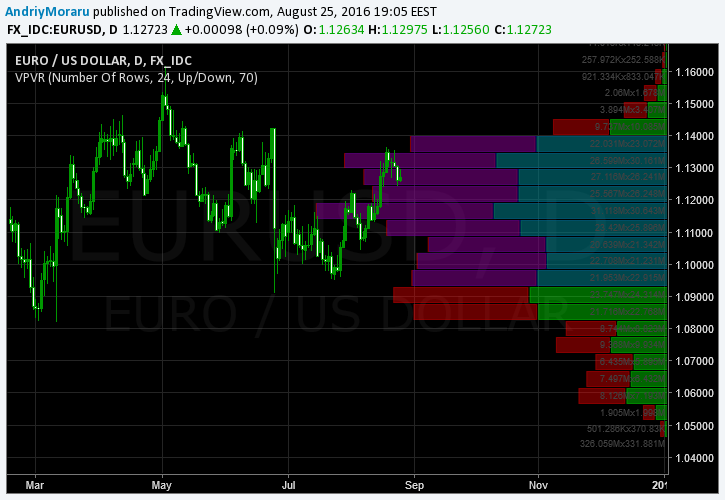
Sometimes, when your trading strategy generates a signal, you might still wonder whether this particular trade is worth executing. Perhaps, there are some factors that should be considered before opening a position? Algorithmic trading systems as well as the most
Technical analysis of the current chart is one of the most obvious factors to consider just before executing your entry order. Even
Technical analysis of other timeframes allows traders to get a better understanding of potential problems with the trade or, conversely, of some better levels to position the entry. Higher timeframes usually offer a good picture of important support/resistance levels, while lower timeframes can be used to
Fundamental picture of the current moment is usually ignored by technical traders, but is really an important factor for all traders. Ignoring the macroeconomic points of strength and weakness of the currencies you trade is never a good idea. After all, the most influential market participants — central banks — are using fundamental indicators in their analysis. Considering that they can directly manipulate the FX market, it would be unwise to overlook such factors.
Upcoming news releases can be equally important. If the potential trade relies on a calm market with a steady trend, some unexpected economic release can spoil everything by causing a lot of volatility. In a similar way, an upcoming macro report might reinforce your disposition to take the trade if you expect it to push the currency pair in the required direction.
Volume levels of market orders are offered by some charting solutions and trading platforms. Of course, it is not based on the global Forex data but solely on the data of the liquidity providers employed by the broker. Knowing where the trading volume is concentrated for a given currency pair allows for a more precise entry and exit placement. It also lets trader to accurately measure the importance of support and resistance levels. For example, this volume profile for EUR/USD daily chart from TradingView shows a much larger concentration of orders below the current price level:

Public expert opinions are easy to come by nowadays — you can just open any business media website and read, listen, or watch some FX expert sharing his or her view. It is completely up to you whether to trust such experts and take their advice seriously. In any case, it is quite common for traders to get influenced by more experienced professionals.
Private expert opinions can refer to the opinion of the experts you know personally and ask for their advice, which is not available to the general public. It varies from your uncle Joe whom you believe to be an expert in currencies to your best childhood friend who is now a FOMC board member. Depending on the actual level of expertise of that person, their opinion can either help or harm your trade decision.
Asking for a community opinion in some specialized forums or social networks (e.g. reddit) looks to be rather popular among Forex traders without a lot of experience. Getting confirmation of your own ideas from peers is just a fulfillment for our natural instinct of seeking approval. There is nothing wrong in this, but you should only change your behavior based on community opinion if it has some factual reasoning you agree with.
Some people use astrology, luck, and plain chance as the final solution in determining whether some trade is worth taking. I will abstain from commenting on this sort of
I, personally, prefer paying attention to all the technical and fundamental factors there are before opening any of my
![]() Loading …
Loading …
If you want to share some more information about how you decide whether a trade is worth taking or not, please do so using the commentary form below.